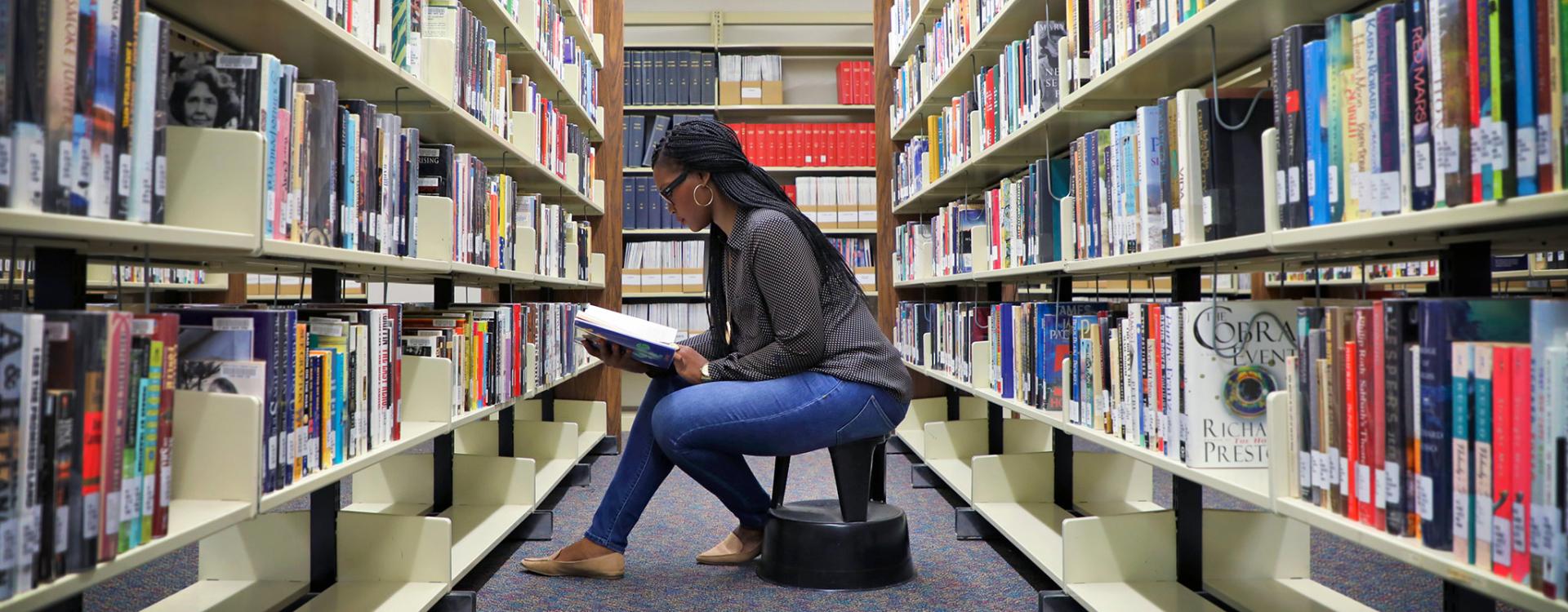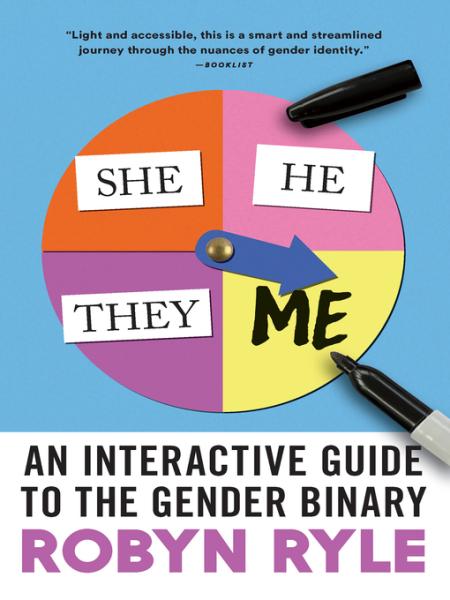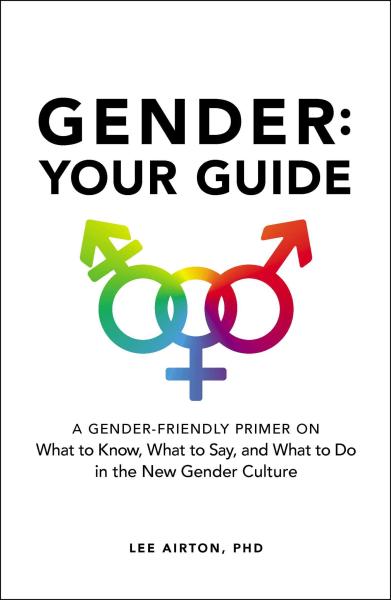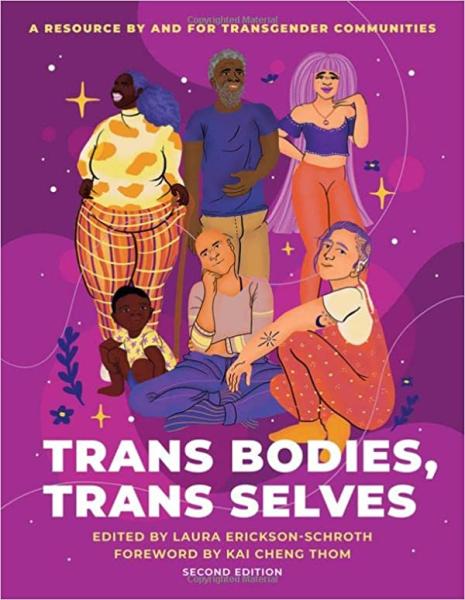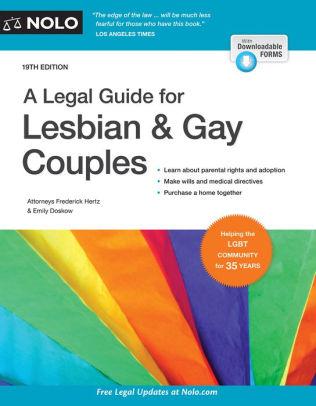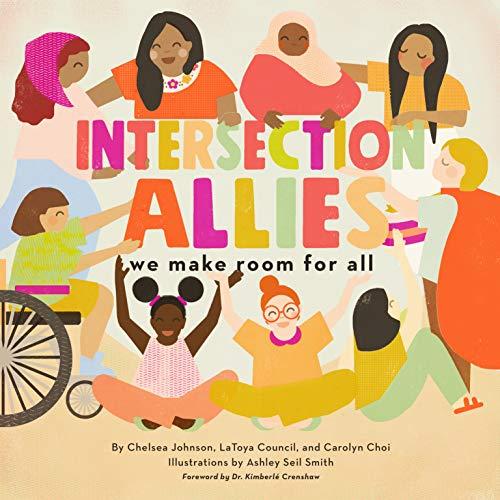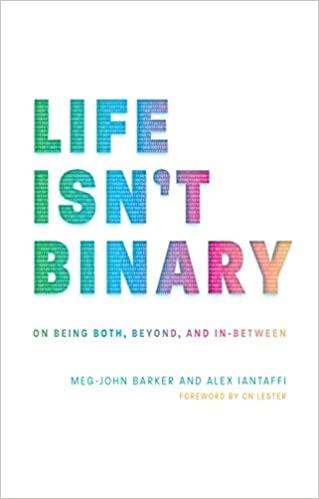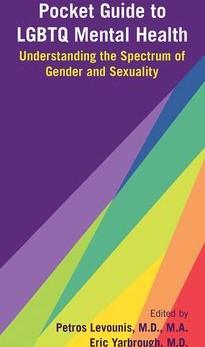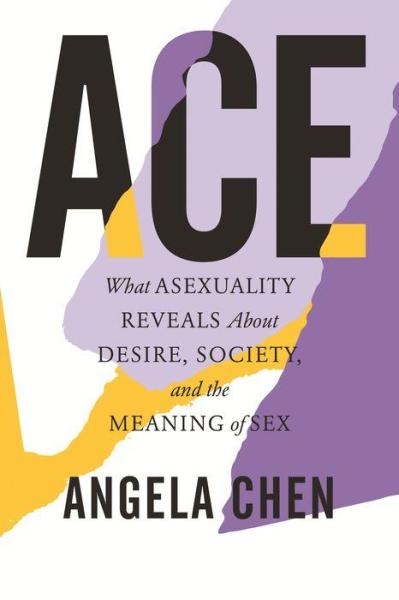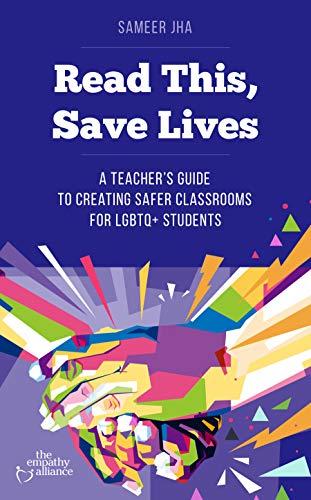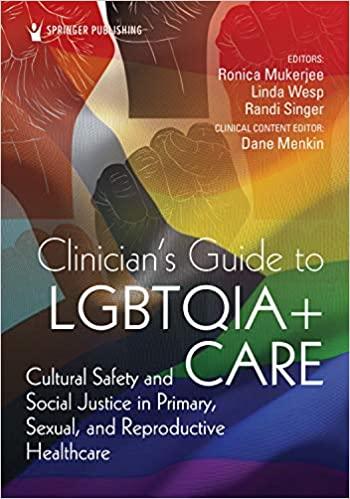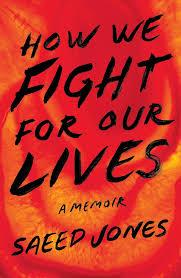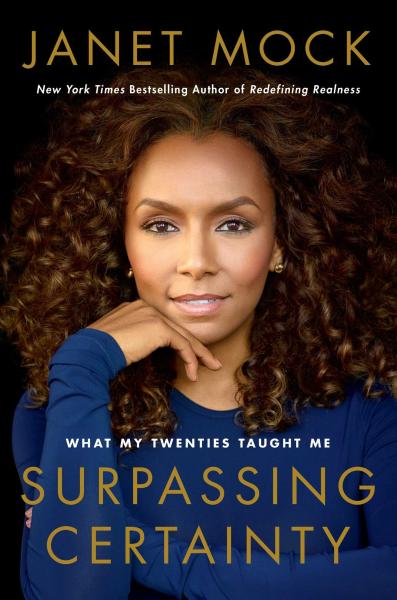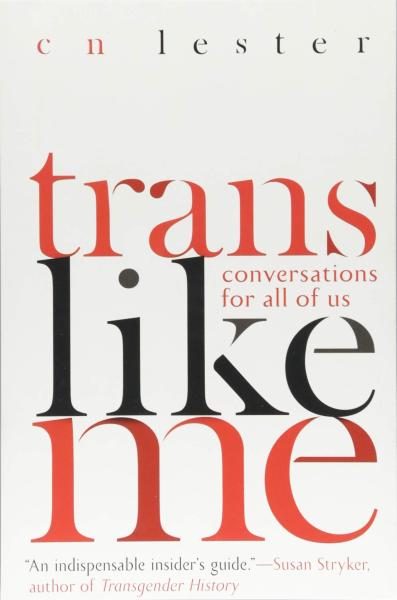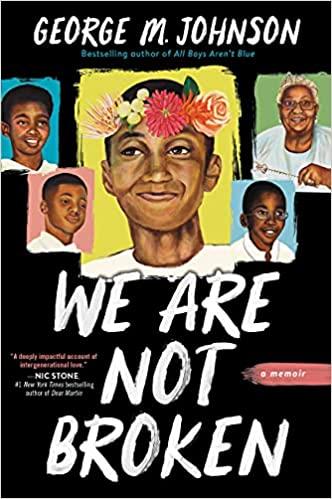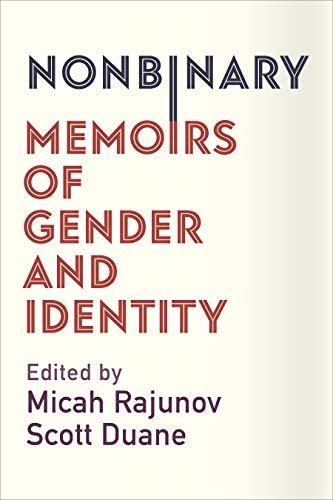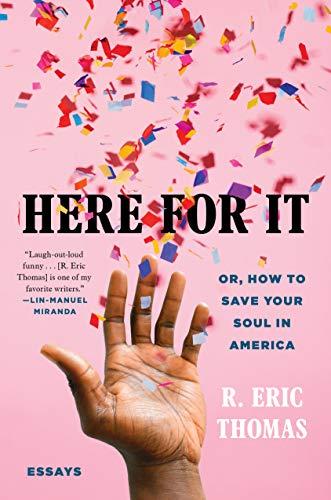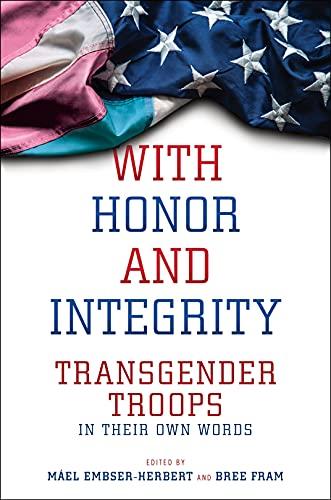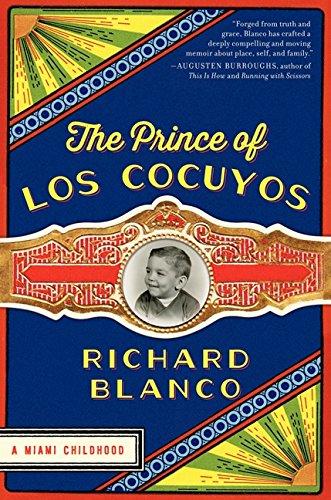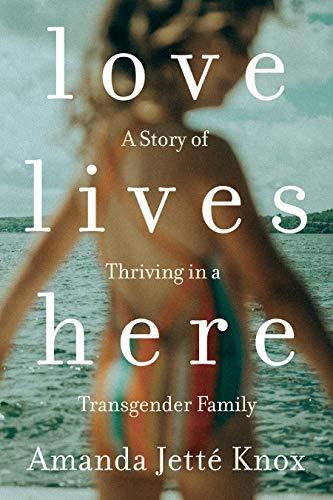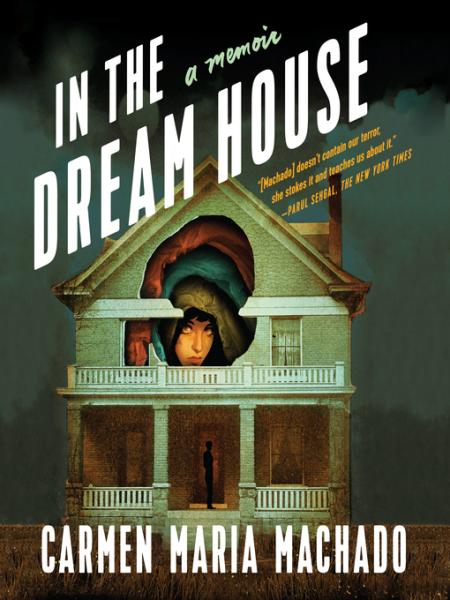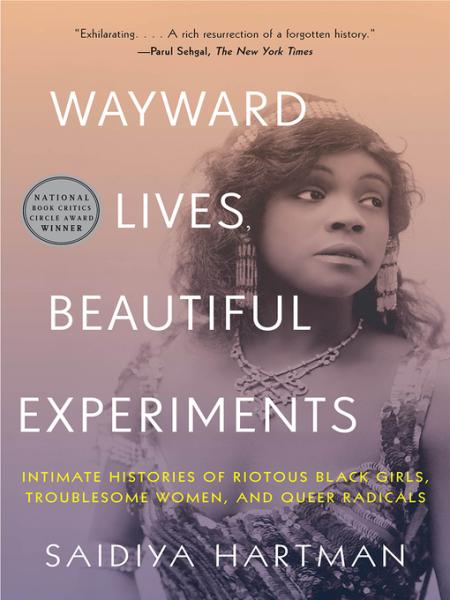More Pride
Pride month has just wrapped up, but we can continue to celebrate it and learn more throughout the year.
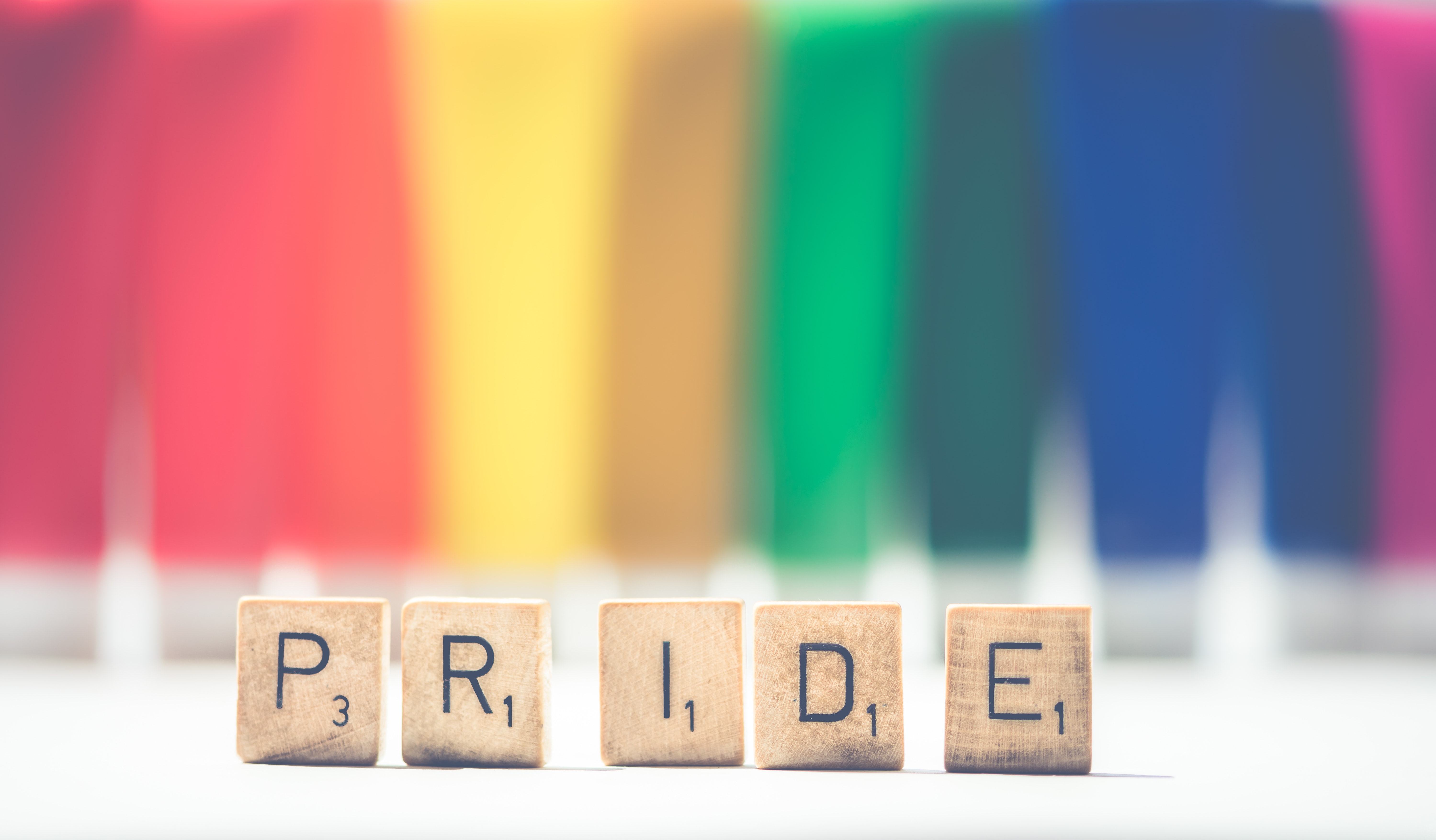
Curious about the different pride flags you have seen last month?
Looking to improve your LGBTQIA+ vocabulary, learn more about the community, and be a strong ally?
Scroll down for more Pride resources recommended by your librarians!
The Letters and Colors of Pride
The LGBTQIA+ acronym includes and recognizes diverse identities within the community.
LGBTQIA+ stands for Lesbian, Gay, Bisexual, Transgender, Queer or Questioning, Intersex, and Asexual.
The “plus”(+) in LGBTQ+ or LGBTQIA+ includes individuals whose identities are not represented or not fully represented by the letters in the acronym.
Watch writer, educator, and historian Blair Imani explain the importance of using an expansive and inclusive acronym:
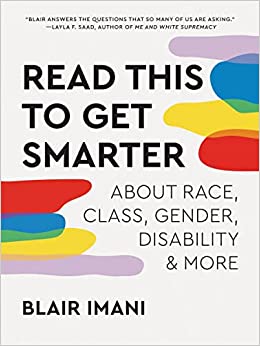
Check out Blair Imani's awesome book Read this to Get Smarter about Race, Class, Gender, Disability & More, available at Main Campus, Orange County Campus, and Northern Durham Campus libraries.
Just like the LGBTQIA+ acronym, Pride flags continue to evolve to include diverse identities within the community. Here's a quick overview of some of these changes:
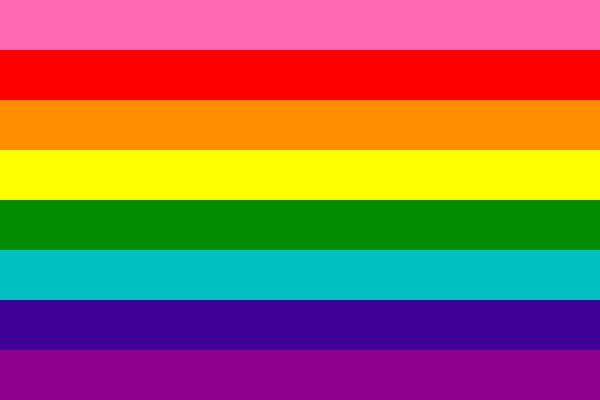
The iconic rainbow flag, designed by Gilbert Baker, first flown at the San Francisco Gay and Lesbian Freedom Day Parade on June 25, 1978.
Gilbert Baker
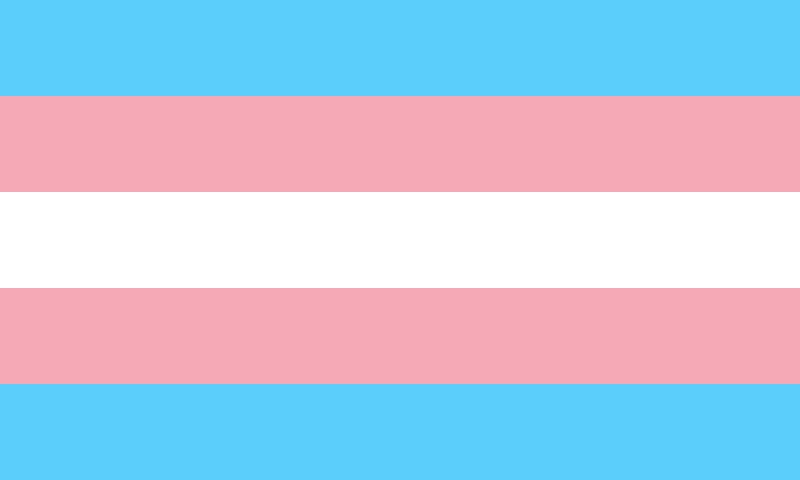
The Transgender Pride flag, designed by Monica Helms in 1999 and first flown at the Phoenix Pride parade in 2000.

The More Colors More Pride flag, introduced in 2017 by the Philadelphia office of LGBT Affairs and Amber Hikes. Black and brown stripes were included to address racism within the LGBTQIA+ community and express solidarity with LGBTQIA+ people of color.
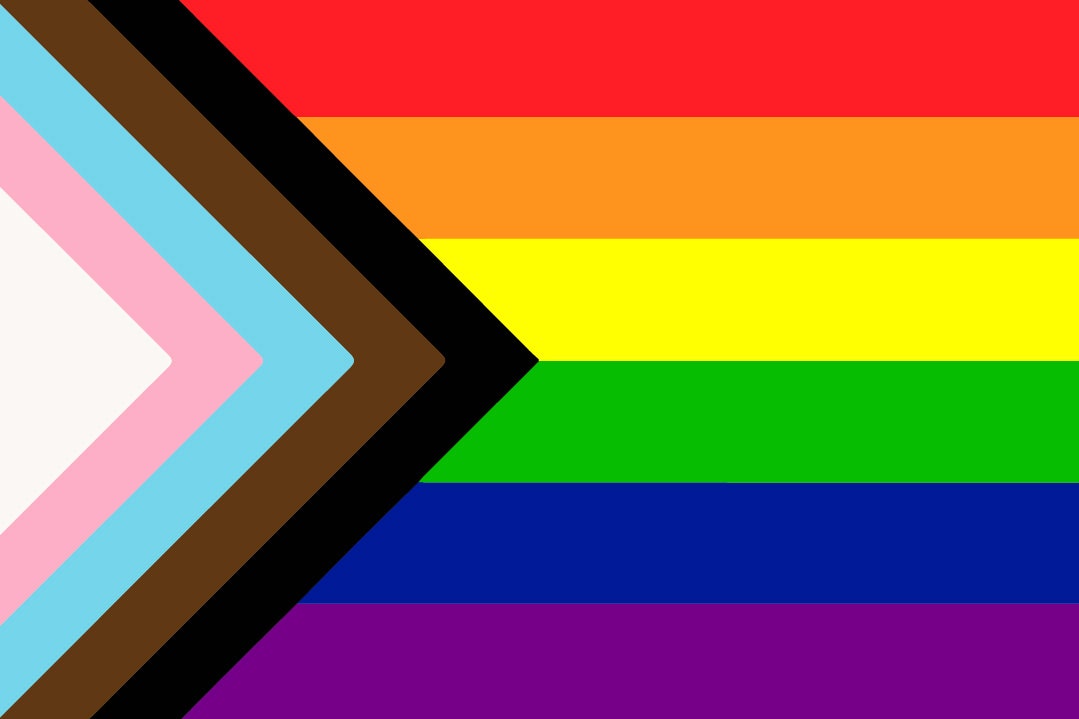
The Progress Pride Flag, designed by Daniel Quasar in 2018 to celebrate diversity and advocate for inclusion within the LGBTQIA+ community.
Amber Hikes (More Colors More Pride flag)
Visit prideflags.org to learn more about these and other flags representing multiple identities that make up the LGBTQIA+ community!
Learn More at the Library
Keep learning about gender and sexual diversity and LGBTQIA+ inclusion and equity and check out our selection of educational resources and guides.
And -- read about the diverse lived experiences of members of the LGBTQIA+ community, shared through memoirs and stories.
College Resources
Looking for ways to advocate for the LGBTQIA+ community at Durham Tech or to share campus resources with colleagues and students? Check out some of the resources below!
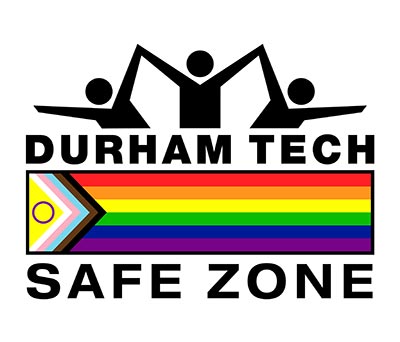
The Safe Zone Committee is a group of faculty and staff charged with creating and sustaining "a culture of advocacy, inclusion, and accessibility for members of the LGBTQ+ community" on Durham Tech's campuses.
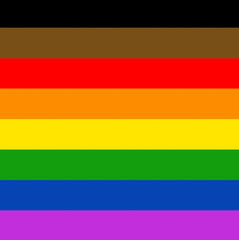
SPECTRUM provides a safe, inclusive space for the LGBTQ+ community at Durham Tech. Club faculty advisors, Marina DelVecchio and Jackie Ross, share that in Fall 2022 "students can expect weekly meetings with candid discussions to assess student needs, participation in poetry readings and community activities, the development of a newsletter, and film opportunities with panel experts."
Students interested in joining SPECTRUM can contact Dr. Marina DelVecchio, delvecchiom@durhamtech.edu or join using this link: https://spectrumdtcc.carrd.co/#join .

Look for this symbol on the campus map to find locations of All Gender restrooms.
Include your Name, Pronouns, and Gender Identity at Durham Tech
Did you know that you can specify your pronouns, gender identity, and now -- your chosen name at Durham Tech? See the Chosen Name Change Information page for directions and additional resources.

